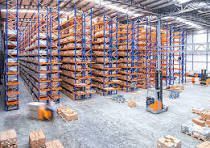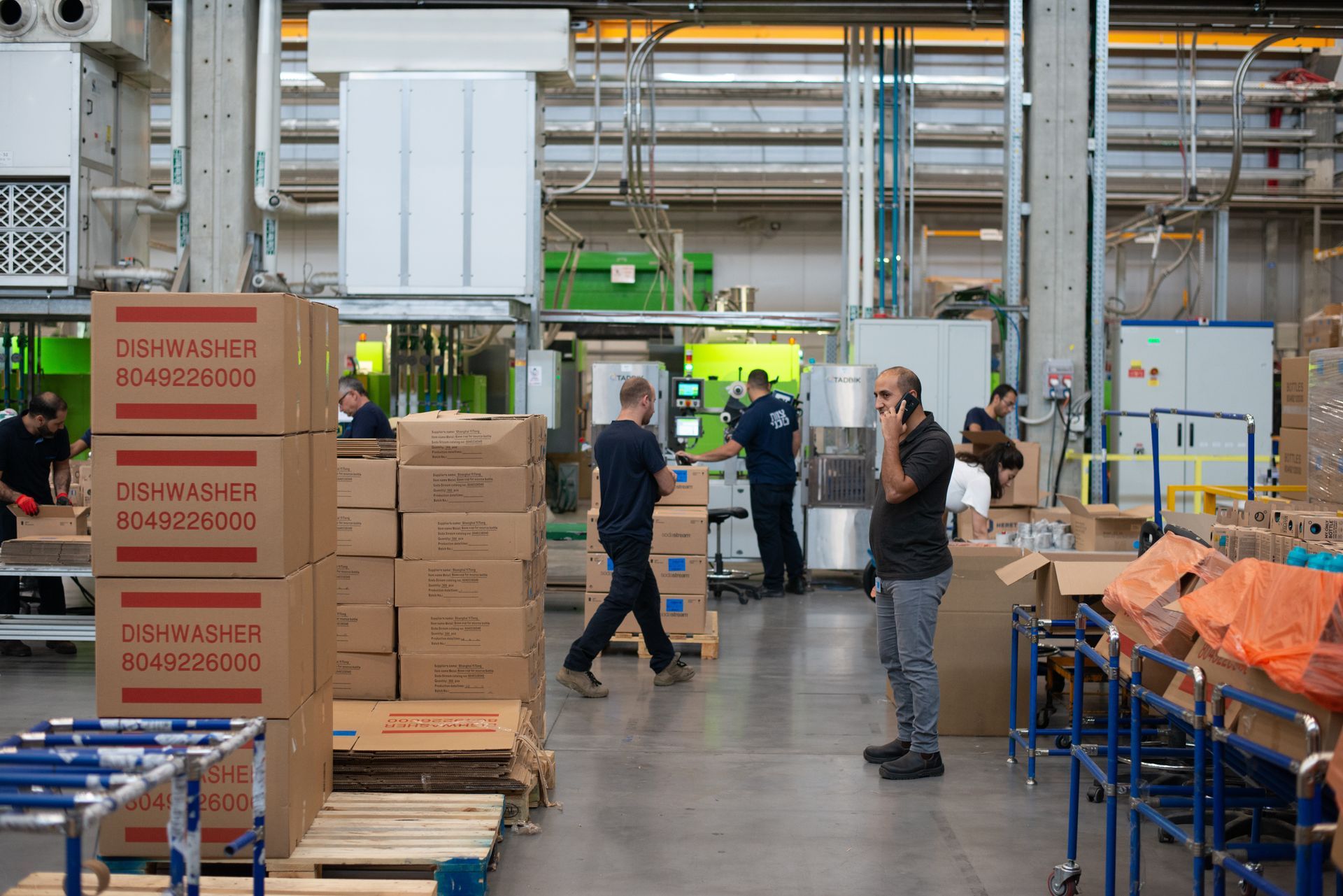7 Questions You Must Ask an Automotive Recruitment Agency
The automotive industry is dynamic and rapidly changing, requiring a highly skilled and dedicated workforce. The industry comprises many businesses, from large automotive manufacturers to small independent repair shops. The demand for skilled workers is high, and the competition for top talent is fierce. For this reason, automotive recruitment agencies play a critical role in helping businesses find suitable candidates to fill their vacancies, and they can make the process more efficient and effective.
Working with an automotive recruitment agency can be smart for businesses seeking to fill vacant positions. Recruitment agencies have access to a large pool of candidates and can help companies to find the right person for the job quickly and efficiently. They can also help businesses save time and money by handling the recruitment process from start to finish. However, not all automotive recruitment agencies are equal because they work differently.
When working with an automotive recruitment agency, you must ask the right questions to ensure that you work with a reputable agency that can deliver results. Some examples include:
#1 - How Long Have You Been in Business?
As with any other recruitment agency, the time an automotive recruitment agency has been in business can indicate its expertise and success in the industry. You must work with an agency with years of experience in the automotive industry, as they will better understand the industry's unique challenges, trends, and requirements.
Moreover, the longer an agency has been in business, the more contacts and connections it will likely have in the industry. This means they can access a wider pool of potential candidates for your automotive job openings. Look for an agency that has been in business for at least five years, as this is usually enough time to establish a strong reputation and network of contacts.
#2 - How Long Will It Take Me to Find Qualified Candidates?
The time it takes to find qualified candidates can vary depending on the complexity of the role and the availability of qualified candidates in the market. However, a reputable automotive recruitment agency should have a well-established process that can help them identify suitable candidates for your job opening quickly. The agency should also be transparent about the timeline for finding candidates and provide regular updates on progress.
#3 - What Jobs Do You Fill?
The automotive industry is vast and diverse, encompassing various job roles and skill sets. When choosing an automotive recruitment agency, it's essential to understand the types of jobs they specialize in filling.
Some agencies may focus solely on executive-level positions, while others may specialize in filling skilled trades such as mechanics or technicians. Some agencies may also have expertise in filling sales and marketing roles, while others may focus on engineering or design positions. Ask the agency about their specific areas of expertise and the roles they have successfully filled in the past. This will help you determine if they are the right fit for your specific hiring needs.
#4 - How Does Your Recruitment Process Work?
The recruitment process in the automotive industry is critical to ensuring that suitable candidates are selected for the right roles. Understanding the recruitment agency's process for sourcing, screening, and selecting candidates is essential.
Ask about their sourcing methods, such as where they advertise job openings and how they reach out to potential candidates. Inquire about their screening process, including the interviews they conduct and any assessments or tests they may administer to assess candidates' skills and abilities.
You should also ask about the agency's selection process and how they make final hiring decisions. Do they involve the client in the decision-making process? How do they ensure that candidates fit the company's culture and values well?
#5 - Do You Offer Other Services?
You must ask if the recruitment agency offers additional services beyond sourcing and selecting candidates. This can include onboarding and training, HR consulting, and employee retention strategies.
A recruitment agency providing these additional services can benefit the company and the new hires. It can help ensure a smoother transition for the new employee and increase their chances of success within the company.
#6 - Do You Have References?
Asking for references is a common practice when evaluating a recruitment agency. It's important to hear from other companies that have worked with the agency to get an idea of their experience and level of satisfaction.
When requesting references, be sure to ask for clients in similar industries or with similar hiring needs to your own. This will give you a better sense of the agency's ability to meet your needs.
#7 - How Much Do You Charge?
The cost of a recruitment agency can vary depending on the services provided and the agency's level of expertise. Some agencies charge a percentage of the hired candidate's salary, while others charge a flat or hourly fee.
When discussing fees, be sure to clarify what services are included in the cost and if there are any additional fees for extra services. Also, ask if any guarantees are provided for the placement of a candidate and what the agency's refund policy is if the candidate does not work out.
Conclusion
Working with an automotive recruitment agency can be smart for businesses seeking to fill vacant positions. Because of this, you must carefully research and choose an agency that specializes in the automotive industry, has a good track record, and offers transparent pricing and services. Doing so can save time and money in hiring and finding the best candidates for your business.
Front Line All Temps provides top-quality services for
automotive industry recruitment. We understand the automotive industry's needs and will work with you to ensure you find qualified talent for your projects. Call us today at 602-730-3312 to get started!










